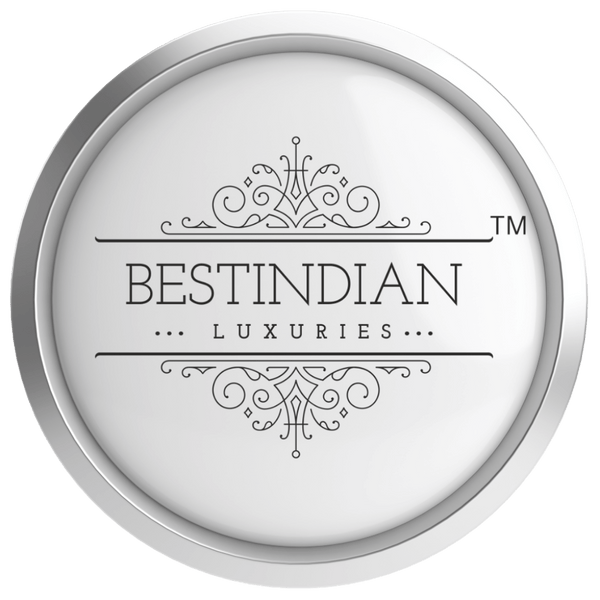Our Paraben & Alcohol-Free Promise
At BestIndian™, our commitment to creating the world's safest beauty and personal care luxuries is absolute. This begins with a foundational promise: every formulation we create is, and always will be, 100% free from parabens and simple alcohols.
While these ingredients are common in the cosmetics industry, a significant body of scientific research has established their potential risks. We believe our customers deserve purity without compromise.

The Truth About Parabens
What Are Parabens?
Parabens (like methylparaben, propylparaben, and butylparaben) are a group of synthetic compounds used as preservatives in cosmetics, food, and pharmaceuticals since the 1950s. They are added to prevent the growth of harmful bacteria and mold, thereby increasing the shelf life of products.
Why Are They a Concern?
While effective as preservatives, parabens are classified as endocrine-disrupting chemicals (EDCs) that can pose significant health risks.
- Hormone Disruption: Parabens can mimic the hormone estrogen in the body. This disruption is linked to an increased risk of breast, ovarian, and testicular cancer, as detailed in studies published in the National Library of Medicine.
- Reproductive Harm: The U.N. Environment Programme has identified parabens as potential endocrine disruptors that can harm fertility, affect reproductive development, and negatively impact birth outcomes.
- Ubiquitous Exposure: Studies by the U.S. Centers for Disease Control and Prevention (CDC) have detected parabens in the urine of nearly all adults tested, showing that cumulative exposure from multiple products is a real-world issue.

The Problem with Simple Alcohols in Skincare
What Types of Alcohol Are We Talking About?
The controversial alcohols in skincare are simple alcohols like Ethanol, Ethyl Alcohol, SD Alcohol, or Alcohol Denat. These are often used as solvents to dissolve ingredients, as preservatives, or to give products a quick-drying, lightweight feel.
Why Are They a Concern?
Despite their widespread use, simple alcohols can be damaging to the skin's health and appearance, particularly with regular use.
- Dehydration & Barrier Damage: Alcohol dehydrates the skin by stripping its natural lipids, which disrupts the delicate skin barrier. This can lead to increased dryness, sensitivity, and inflammation, as outlined in scientific reviews.
- Premature Aging: By depleting the skin's protective surface and vital substances, high concentrations of alcohol can accelerate the signs of aging.
- Aggravates Oiliness: While it provides a temporary "de-greasing" feeling, alcohol can trigger a rebound effect, causing the skin to produce even more oil to compensate, which can lead to larger-looking pores and breakouts.
The BestIndian™ Promise: Purity Without Compromise
Your well-being is our highest priority. We formulate all our luxuries to be completely free of the harmful ingredients listed above, and many more. Our commitment is to provide you with certified organic, natural, and Ayurveda-centric formulations that are as safe as they are effective.
